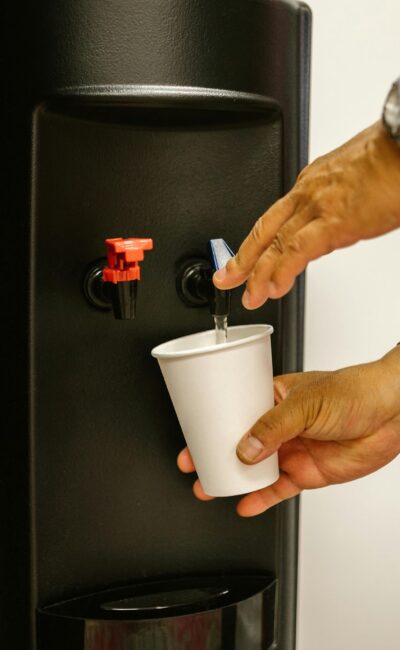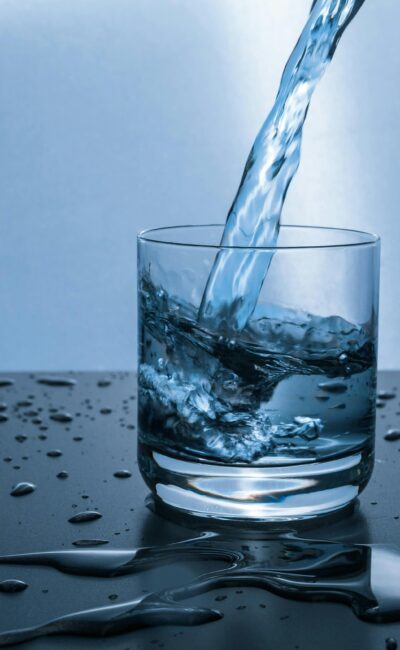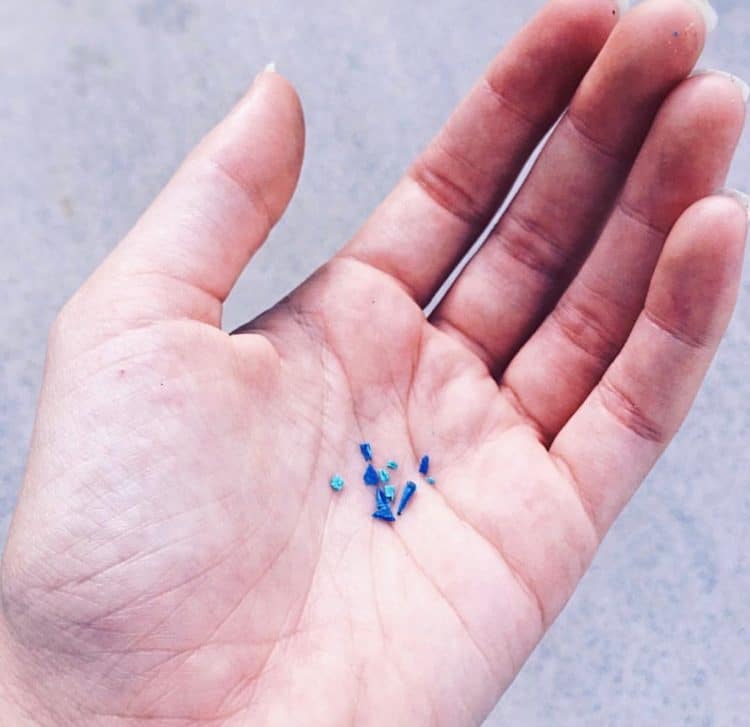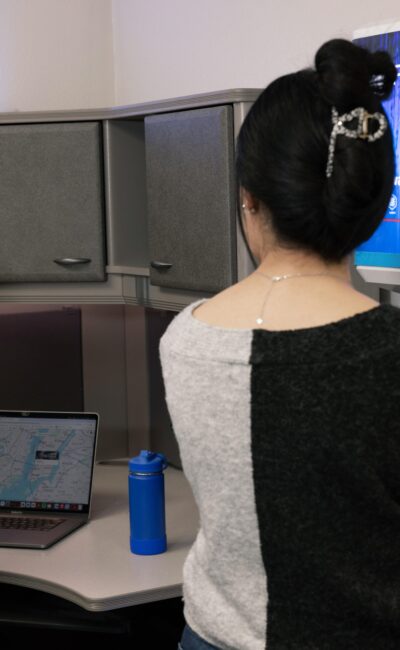Instead Of Just Sending Bottled Water To Flint, This Company Plans To Build Purification Stations
As millions of bottles of water are donated to Flint as a stopgap for its lead
Michael Moore has argued that homes should get 55-gallon drums instead, and daily deliveries from water trucks (and that anyone who wants to leave the city should be evacuated). A water filter company wants to try something else—new neighborhood refill stations that can purify tap water until the city can overhaul its broken infrastructure.
Bottled water is the quick and natural solution when it comes to natural disasters and crises,” says Rich Razgaitis, CEO and cofounder of FloWater, a San Francisco-based company that makes water purification stations. “However, while the short-term problem is solved, it still contributes to perhaps one of the most prominent issues facing our environment—plastic pollution.”
FloWater’s refill stations are typically used by large businesses that want to stop buying pallets of bottled water. Using reverse osmosis and filters, the systems remove lead and other heavy metals, along with pharmaceuticals, herbicides and pesticides, and other dissolved solids that can show up in tap water. Additional filters remove chemicals like chlorine and benzene.
Now the company plans to bring the stations to Flint, claiming that their purified water is even cleaner than what might show up in a plastic bottle. “Many times, bottled water still has contaminants that are present in tap water, and are bottled in non-recyclable plastic bottles, which can cause leaching as well as a host of other problems,” Razgaitis says. “In the interim, bottled water and testing kits are crucial for Flint. Once we can establish a FloWater Refill Station in Flint, we hope that the community can utilize us as much as possible.”
In tests, they found that their filters can remove 95%-97% of contaminants. Of course, if levels of lead are as high as they are in Flint homes, that may not be enough, so the company plans to do extensive testing to find the right place to put their units. “Our hope is that we can find parts of the city in which we can get our units to remove 100% of the lead, which will make it easier for them to get clean water without the trouble of driving to another city entirely,” he says.
It’s a process they hope to repeat in natural disasters—and in other cities with aging lead pipes that may eventually face their own contamination crises.
“Infrastructure overhauls in cities with old and unsafe systems may take years to accomplish, from funding to execution,” Razgaitis says. “Because FloWater Refill Stations can be used almost anywhere, including replacing community water fountains, we hope to become a resource for cities who need immediate solutions and do not want to contribute to plastic pollution by relying on bottled water.”




